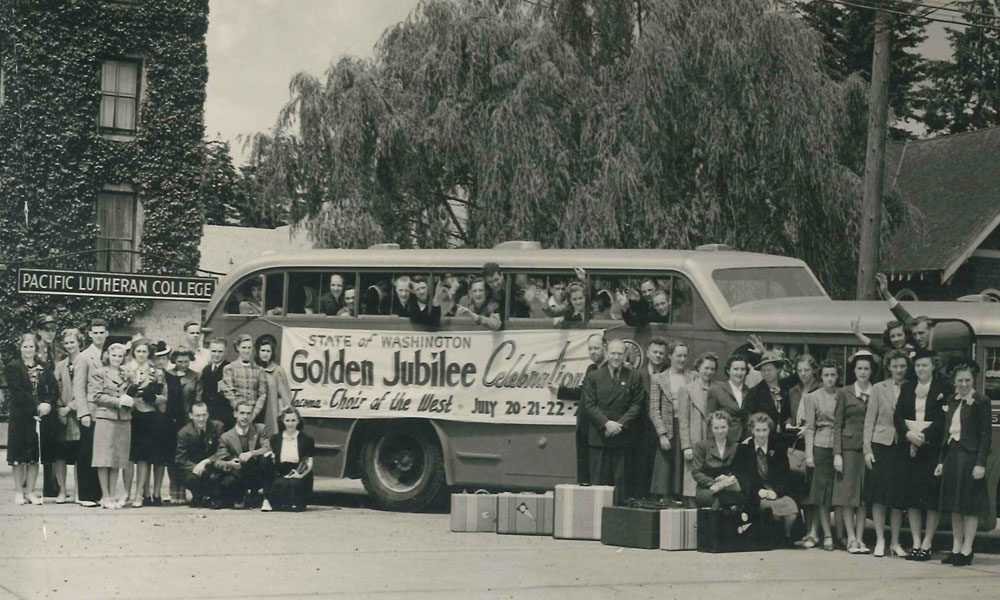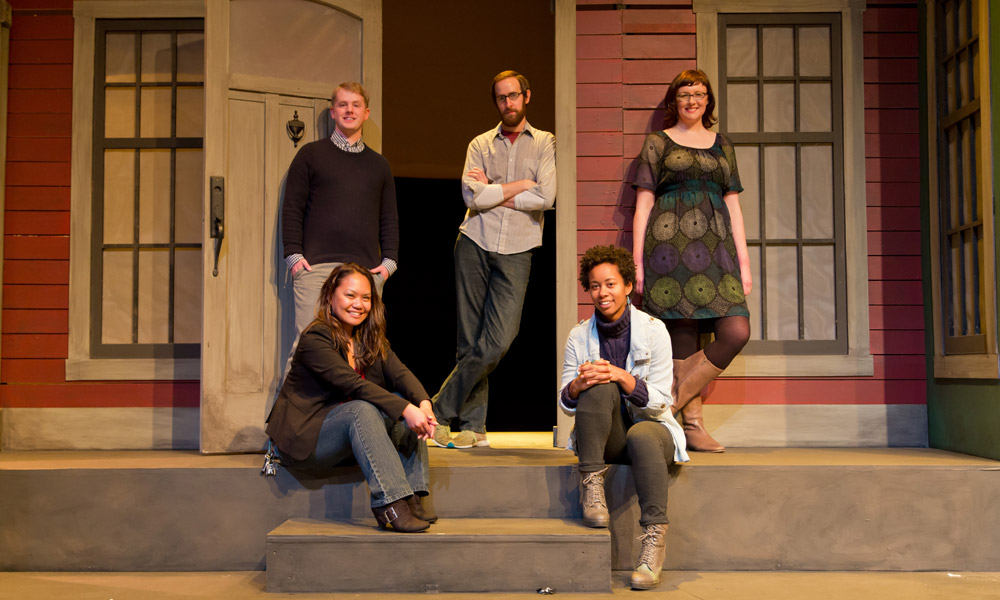Page 419 • (4,492 results in 0.064 seconds)
-
Will Radford – Holden Village J-Term 2014; Music Capitals of the World J-Term 2016; IES Vienna Fall 2016 Music Education – Class of 2017 What he would like other students to know: Study away forged some of my most impactful memories in college and continues to impact my mindset, goals and lifestyle every day. Spending time away provides a wonderful opportunity to see yourself and your home in a different light. A piece of advice to future study away students: Put yourself out there and expand
-
are devoid of marketing or advertisements. 360financialliteracy.org, brought to you by the American Institute of of CPAs. This site allows you to explore the 360 degrees of financial literacy life stages, from “tweeners”, college students, couples, to retirees. It includes planners, calculators, and the option to submit your own questions to “Ask the Money Dr.” Financial Wellness, brought to you by your Office of Student Financial Services, including protecting your identify, reducing your
-
and Literatures and of Art and Design, as well as from the Provost’s Office. It was the fruit of the collaborative research of Rebecca Wilkin (their professor) and Sonja Ruud (French, Global Studies ’12), who is currently studying the Anthropology and Sociology of Development at the Graduate Institute in Geneva. Initially supported by a Kelmer Roe Fellowship in 2011, Sonja and Rebecca have collected and transcribed large portions of Dupin’s manuscript Work on Women over the past four years and
-

September 8, 2014 Lutheran Studies Conference September 8, 2014 The Art of Diplomacy September 8, 2014 A Decade of Distinction September 5, 2014 Archives > < Winter 2018 Fall 2017 Spring 2017 Winter 2017 Fall 2016 Spring 2016 Winter 2016 Fall 2015 Spring 2015 Winter 2015 Fall 2014 Spring 2014 © 2014 Pacific Lutheran University | All Rights Reserved Back to top
-

Years at PLU April 30, 2015 New Panama Canal Project April 28, 2015 What Can You Do With a PLU Degree? January 21, 2015 Seattle Repertory Theatre January 20, 2015 Archives > < Winter 2018 Fall 2017 Spring 2017 Winter 2017 Fall 2016 Spring 2016 Winter 2016 Fall 2015 Spring 2015 Winter 2015 Fall 2014 Spring 2014 © 2015 Pacific Lutheran University | All Rights Reserved Back to top
-

, published twice a year, with an extra online-only update in September. EDITORIAL OFFICES PLU, Building 29 Tacoma, WA 253-535-8410 Contact Us Links Features On Campus Discovery Alumni News Class Notes Calendar Credits Contact Recent Posts Discovery April 21, 2014 Saved by the Ball April 21, 2014 Musical Memories April 21, 2014 5 Lutes Play Major Roles at Tacoma's Broadway Center April 21, 2014 Archives > < Winter 2018 Fall 2017 Spring 2017 Winter 2017 Fall 2016 Spring 2016 Winter 2016 Fall 2015 Spring
-

-535-8410 Contact Us Links Features On Campus Discovery Alumni News Class Notes Calendar Credits Contact Recent Posts Discovery April 21, 2014 Saved by the Ball April 21, 2014 Musical Memories April 21, 2014 5 Lutes Play Major Roles at Tacoma's Broadway Center April 21, 2014 Archives > < Winter 2018 Fall 2017 Spring 2017 Winter 2017 Fall 2016 Spring 2016 Winter 2016 Fall 2015 Spring 2015 Winter 2015 Fall 2014 Spring 2014 © 2014 Pacific Lutheran University | All Rights Reserved Back to top
-

OFFICES PLU, Neeb Center Tacoma, WA 253-535-8410 Contact Us Links Features On Campus Discovery Alumni News Class Notes Calendar Credits Contact Recent Posts Communities in Schools May 21, 2015 National Think Tank May 4, 2015 Special Edition: "... and justice for all?" April 30, 2015 Seattle Startup Success April 28, 2015 Archives > < Winter 2018 Fall 2017 Spring 2017 Winter 2017 Fall 2016 Spring 2016 Winter 2016 Fall 2015 Spring 2015 Winter 2015 Fall 2014 Spring 2014 © 2015 Pacific Lutheran University
-
Taiki ChidaBusiness, 2017 パシフィックルーテル大学は自然に囲まれとても過ごしやすく勉強しやすい環境です。さらに他の生徒達や先生たちもとても優しく困ったことがあったときはすぐに助けてくれたりといい人達が多く、また学校行事も盛んで友達を作る機会もたくさんあります。日本からの留学生が増えることを楽しみにしています Akira SatoBusiness, 2001 PLU offered me opportunities to acquire knowledge which I still use for my job. Also, I have had good connection with some class mates and my host family via Facebook. I believe while I was studying at PLU I came to learn how to treat and respect people. Are you a PLU alum?We’d love to hear where you are
-
2017 Form 990 (pdf) view download
Do you have any feedback for us? If so, feel free to use our Feedback Form.


